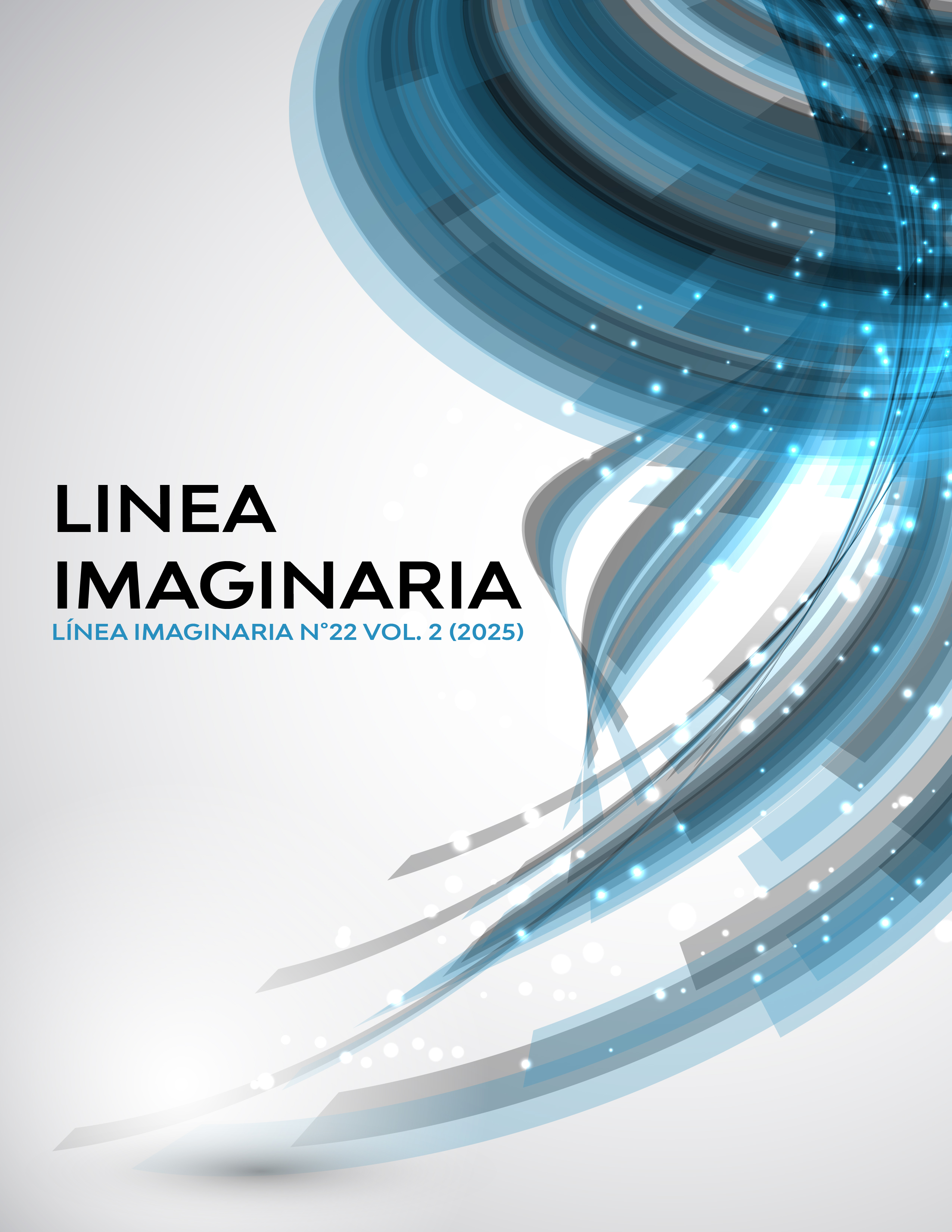THE CONSTRUCTION OF THE KNOWLEDGE SOCIETY: ORIGIN, EVOLUTION, AND ACHIEVEMENTS OF THE OPEN EDUCATION MOVEMENT
DOI:
https://doi.org/10.56219/lneaimaginaria.v2i22.4528Keywords:
open educational movement, digital educational resources, open access, attributions, democratization of educationAbstract
This essay aims to analyze how the knowledge and information society is penetrating educational systems and the progress and impact of the open educational movement worldwide, particularly in Latin America. It also presents exemplary experiences and examines their potential impact on traditional educational systems. Given that one of the characteristics of education in the region is the lack of equity and the difficulties some populations face in accessing the educational system, the model serves as an alternative that seeks to improve access and contribute to the fulfillment of the United Nations' development goals in terms of educational equity. The model is based on three fundamental pillars: the democratization of education, the spirit of producing and sharing open access materials, and respect for copyright and attributions. Additionally, it has sparked discussions about the present and future of education in the digital age, such as the use of active methodologies, innovative practices, open access resources, communities of practice, and especially the redefinition of the teacher's role. In educational models like this, it is impossible to think of a pedagogy centered on the teacher or the content; teachers are called to transform our educational practices and be capable of producing high-quality digital content. Finally, the essay reviews the educational policies in Colombia that have been inspired by this model and how they are being applied in various contexts.
Downloads
References
Aguirre, A.,y Manasía, N. (2015). Derechos humanos de cuarta generación: Inclusión social y democratización del conocimiento. Télématique, 14(1), 2-16. https://www.redalyc.org/pdf/784/78435427002.pdf
Atkins, D. E., Brown, J. S. y Hammond, A. L. (2007). A review of the open educational resources (OER) movement: Achievements, challenges, and new opportunities (Vol. 164). Mountain View: Creative common. https://oerderves.org/wp_content/uploads/2007/03/a_review_of_the_open_educational_resources_oer_movement_final.pdf
Colombia Aprende. (2023). Colombia Aprende: 18 años acompañando a la comunidad. Página oficial. https://www.colombiaaprende.edu.co/agenda/actualidad/colombia-aprende-18-anos
Glasserman Morales, L. D., Rubio González, M. T. y Ramírez Montoya, M. S. R. (2013). Recursos Educativos Abiertos en la práctica docente. Virtualis, 4(8), 46-64. https://www.revistavirtualis.mx/index.php/virtualis/article/view/80
Knox, J. (2013). Five critiques of the open educational resources movement. Teaching in Higher Education, 18(8), 821-832. https://www.tandfonline.com/doi/abs/10.1080/13562517.2013.774354 DOI: https://doi.org/10.1080/13562517.2013.774354
Mortera Gutiérrez, F.J. (2010). Implementación de Recursos Educativos Abiertos (REA) a través del portal TEMOA (Knowledge Hub) del Tecnológico de Monterrey, México. Formación universitaria, 3(5), 9-20. https://dx.doi.org/10.4067/S0718-50062010000500003 DOI: https://doi.org/10.4067/S0718-50062010000500003
Mortera Gutiérrez, F. J. (2011). Recursos educativos abiertos y móviles para la formación de investigadores educativos en México y Latinoamérica. Apertura, 11, 82-91. https://www.redalyc.org/pdf/688/68826916008.pdf
Ramírez Montoya, M. S. y Burgos Aguilar J.V. (2012). Movimiento educativo abierto: Acceso, colaboración y movilización de recursos educativos abiertos. Editado por Red Clara y Alice 2. Ciudad de México (DF) https://repositorio.tec.mx/bitstream/handle/11285/577938/ebook.pdf
Ramírez Montoya, M. S. (2013). Capítulo 6. Casos de formación e investigación en el área del movimiento educativo abierto en Latinoamérica: Alcances, retos y oportunidades. En Canto P. (Coord.). educación a distancia y tecnologías de la información y la comunicación (pp. 113 – 126). Unas Letras. Ed. Yucatán (Mex).https://repositorio.tec.mx/bitstream/handle/11285/577886/Casos+de+formacion+e+investigacion+en+el+area+del+movimiento+educativo+abierto+en+Latinoamerica.+Alcances+retos+y+oportunidades.pdf?sequence=6 Ramírez Montoya, M. S. (2019). Movimiento educativo abierto en el marco de la UNESCO para la educación. 2030. https://repositorio.tec.mx/handle/11285/633001
Downloads
Published
How to Cite
Issue
Section
License

This work is licensed under a Creative Commons Attribution-NonCommercial-ShareAlike 4.0 International License.
La revista Línea Imaginaria conserva los derechos patrimoniales (copyright) de las obras publicadas, que favorece y permite la reutilización de los mismos bajo la licencia Creative Commons Atribución-NoComercial-CompartirIgual 4.0 , por lo cual se pueden copiar, usar, difundir, transmitir y exponer públicamente, siempre que se cite la autoría y fuente original de su publicación (revista, editorial, URL y DOI de la obra), no se usen para fines comerciales u onerosos y se mencione la existencia y especificaciones de esta licencia de uso. Si remezcla, transforma o crea a partir del material, debe distribuir su contribución bajo la misma licencia del original.













